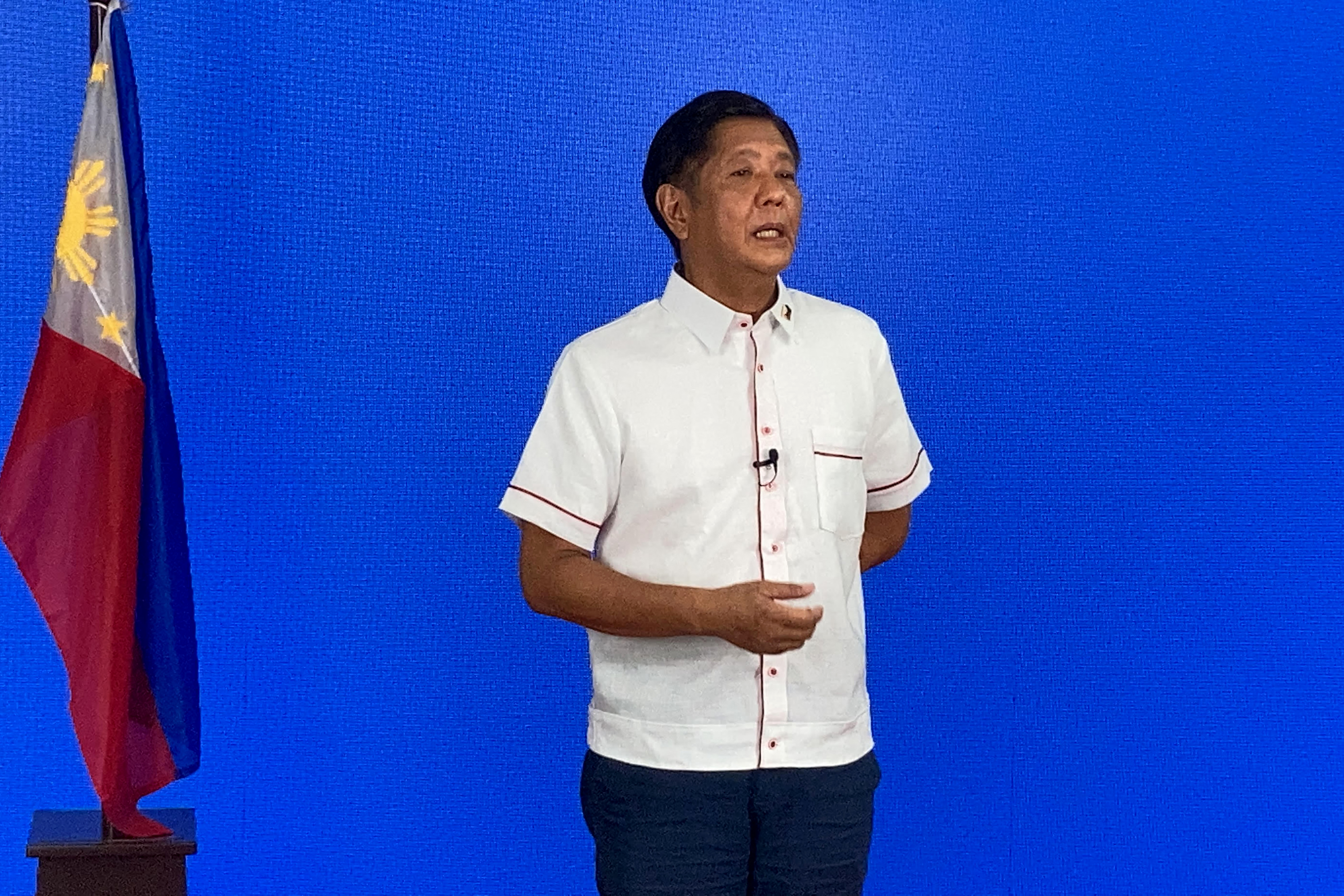The ‘strongman nostalgia’: International news outlets weigh in on Marcos, PH elections
As Filipinos continue to wait with bated breath the imminent assumption of Ferdinand "Bongbong" Marcos Jr. as the country's next president, many international news publications continue to weigh in on the events that have unfolded throughout the nation over the last few months.
In the story “Dictator's Son Far Ahead Of Human Rights Activist In Philippine Presidential Vote,” wires agency AP reported on how Ferdinand Romualdez “Bongbong” Marcos Jr.—the son and namesake of the ousted dictator—has a commanding lead in the unofficial tally.
At the time the article was written, 80% of the votes had been tabulated; Marcos Jr. was ahead of current Vice President Leni Robredo, whose 12.3 million trailed behind the former’s near 26 million. To date, the camp of Marcos Jr. has already claimed victory over the elections after it secured over half of the votes cast.
AP further noted the “formidable” lead of vice presidential candidate, and Marcos Jr.’s running mate Sara Duterte, who is the mayor of southern Davao city and daughter of the current president, Rodrigo Duterte. This partnership, wrote Gomez, is an “alliance of two authoritarian leaders”—one that has married the political strongholds of both the north and south and “compound[ed] worries of human rights activists.”

Under Martial Law, Marcos Jr.’s father was proven to have stolen billions of dollars in state funds, living a life of opulence with First Lady Imelda and their children. Thousands, meanwhile, were abducted, raped, tortured, and murdered—making it one of the most violent and inhumane periods in Philippine history.
Meanwhile, President Duterte’s “War on Drugs” has been the cause of tens of thousands of deaths, mostly of the urban poor, according to the Human Rights Watch.
An authoritarian nostalgia
In an interview with CNN’s Christiane Amanpour, political scientist and columnist Richard Heydarian cites nostalgia as a driving force in the Marcoses’ potential return to power.
Duterte, Heydarian explained, has been able to tap into the public’s yearning for a strongman who emulates certainty and efficiency—a result of the dissatisfaction of the general public with the previous administrations.
With a Marcos Jr. win, constitutional change [may be] in the cards very soon.
With much of the power and economic resources concentrated into specific families and political dynasties, Marcos Jr. has been able to utilize this authoritarian nostalgia, reminding people of a so-called “Golden Age” with more economic certainty.
Heydarian went on to state that Sara’s decision not to contest the presidency, but to run as vice president, was also received well by the public, with the President’s daughter being regarded as a “strongwoman” herself.
With Duterte having already begun to “undermined the foundations of democracy,” Heydarian claims that with a Marcos Jr. win, “constitutional change [may be] in the cards very soon,” with Marcos Jr. picking up not only where his father has left off, but where Duterte has.
Only the beginning
Similar to Duterte’s branding as one not bothered by bureaucratic inertia, the Marcos-Duterte tandem’s slogan of “unity” has propelled them to the top of public reverence.
“[The Marcoses] ultimately capitalized on enduring popular discontent over systemic woes, like corruption and sprawling economic inequity,” the Washington Post's Ishaan Tharoor wrote in the story “In the Philippines, nostalgia for strongmen trumps democracy.”
It has been truly amazing to see the Philippine election unfold, because they're not just voting on their future, but on their past—specifically, which past they want to believe.
In the story, Tharoor wrote about the Marcoses’ return to the Philippines after being ousted by the People Power Revolution, evading legal consequences for their role in the dictatorship—and, consequently, using their ill-gotten wealth to revise history, painting the story of the “Golden Age” dictatorship that Marcos Jr. himself has used to his advantage his entire campaign.
Still, many raise questions as to the rate of disinformation and political falsehoods that have spread throughout the election period. Through TikTok videos and social media campaigns that have in effect rewritten history, “[A] win for Marcos,” as stated by Robredo spokesperson Barry Gutierrez, “[I]s a triumph of disinformation politics.”
In the New York Times’s “Your Tuesday Briefing: A Marcos Victory?”, it was noted that whoever is next elected as President must deal with the public’s disillusionment with the administration. From pandemic recovery to widespread poverty, Marcos Jr.’s victory “[raises] profound questions about the future of Southeast Asia’s oldest democracy.” Ironically enough, this democracy is one that began when Marcos Jr.’s father himself was exiled from the country.
“It is clear [that] no matter how hard you try to reinvent yourself, there will be people who remember who you are.” says John Oliver, on an episode of his late night talk show, Last Week Tonight with John Oliver. “Bongbong Marcos has shown virtually no remorse for what his father put the country through.”
“It has been truly amazing to see the Philippine election unfold, because they're not just voting on their future, but on their past—specifically, which past they want to believe.”


